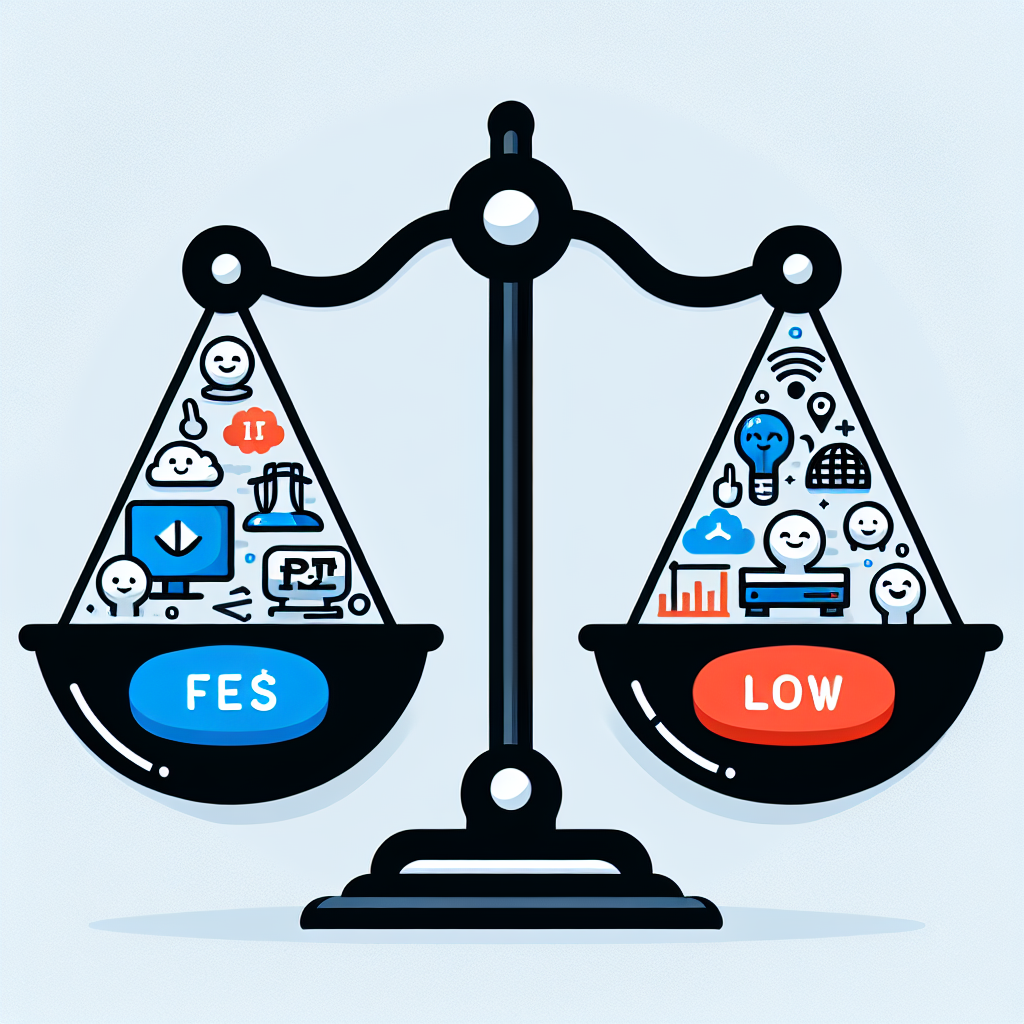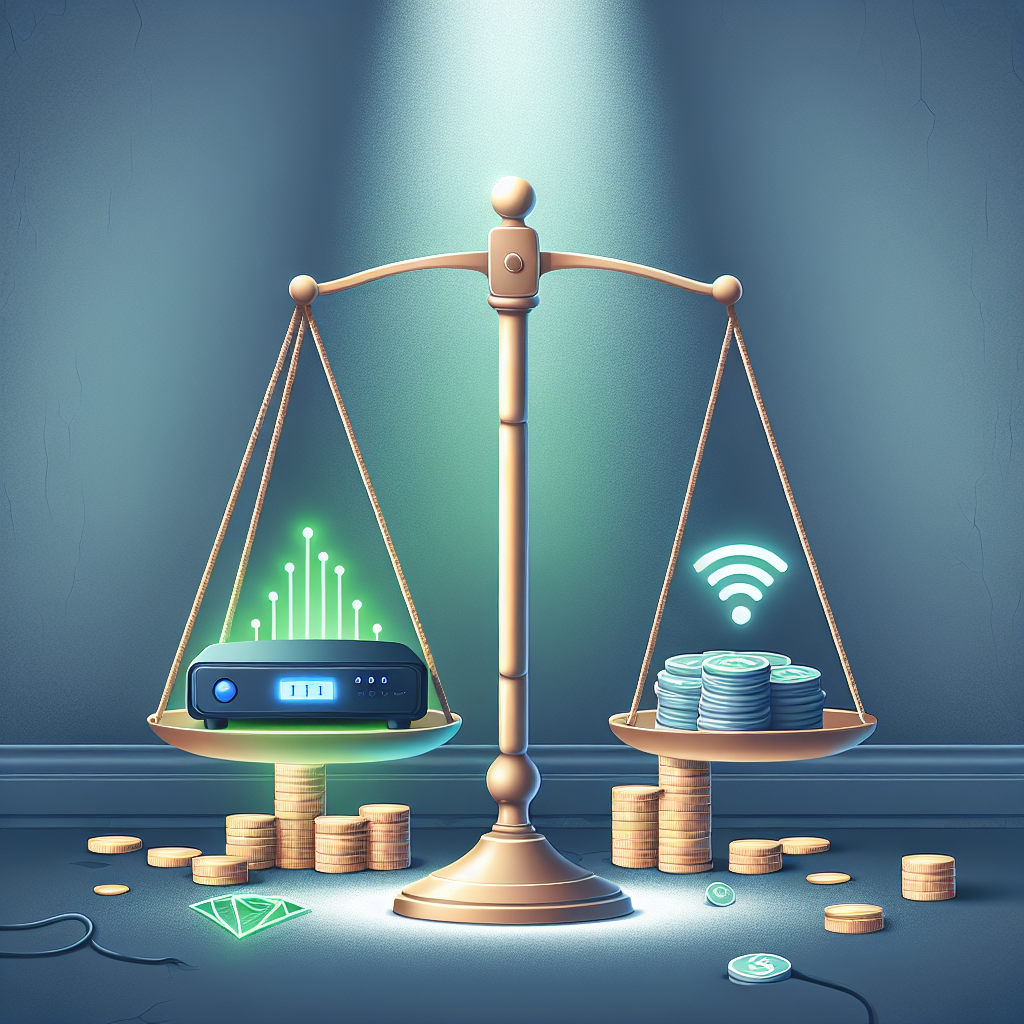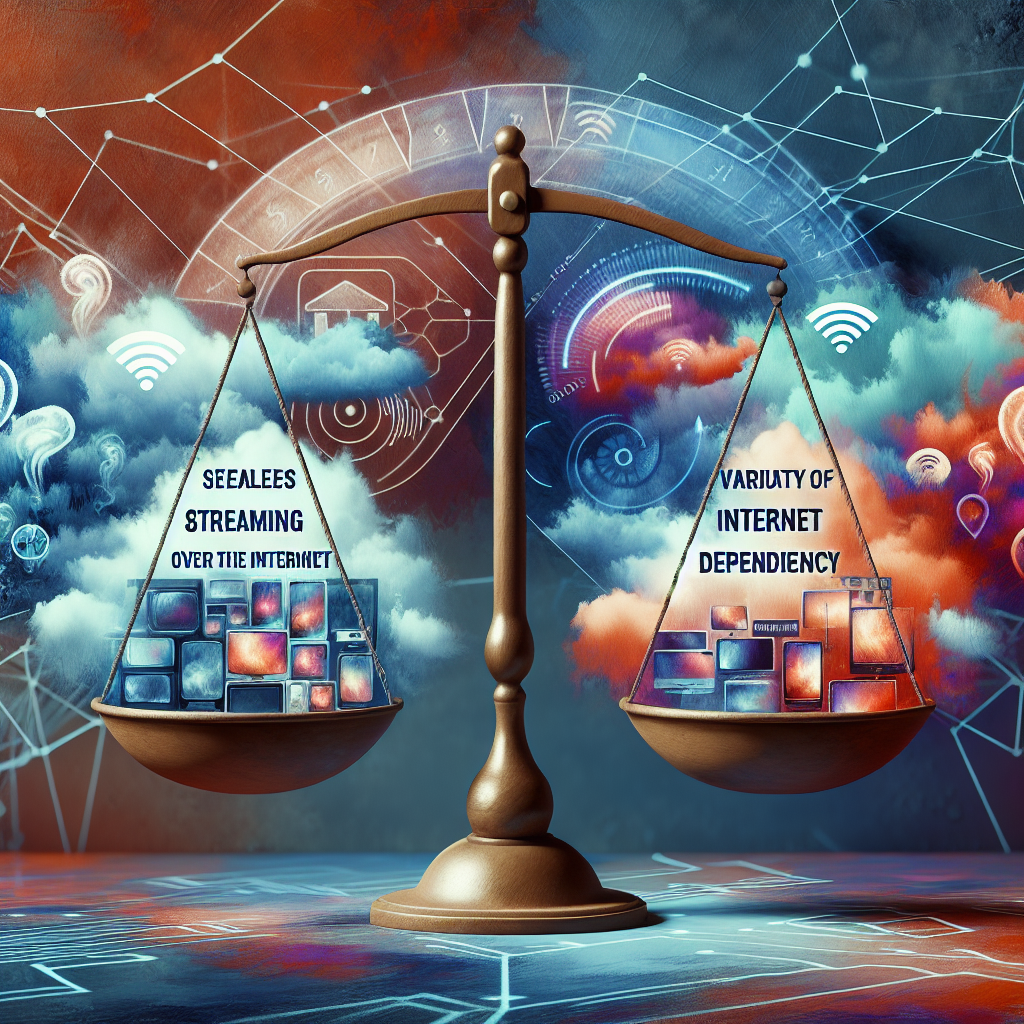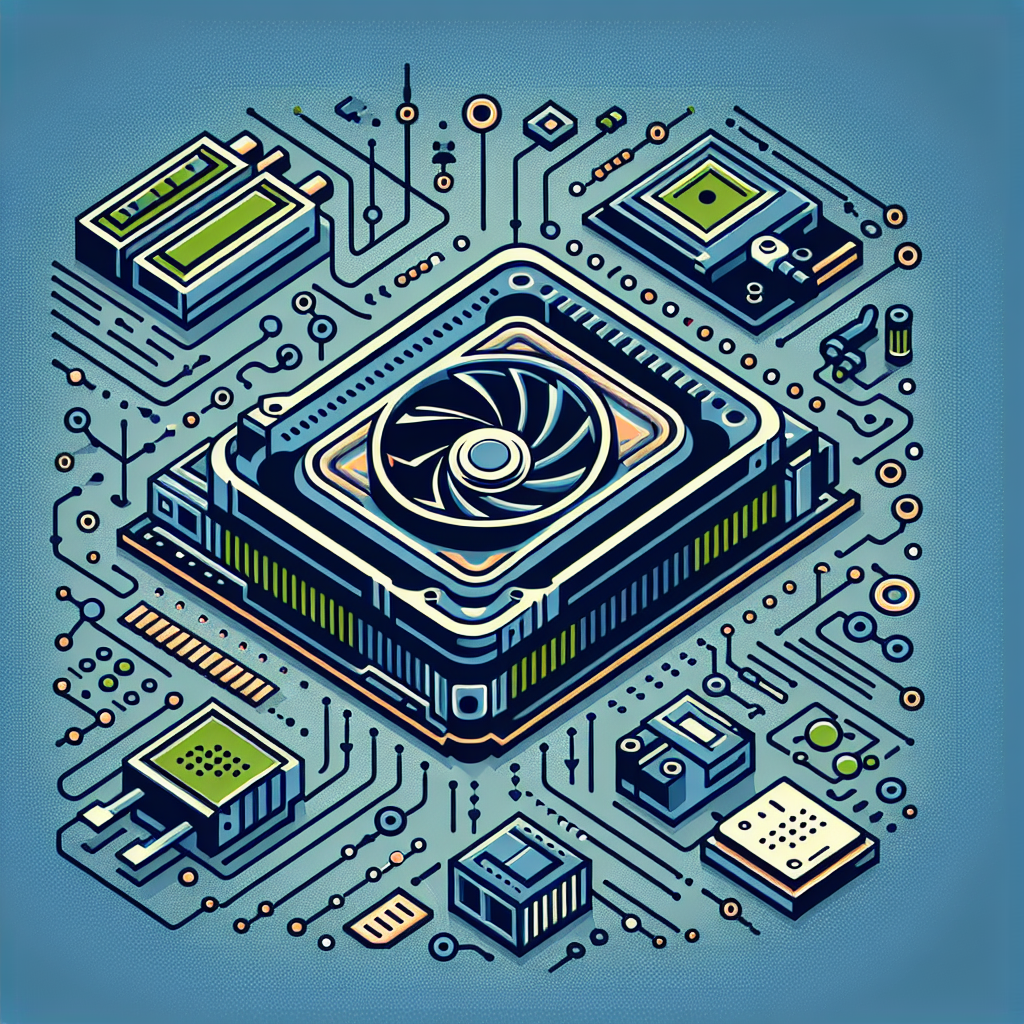IPTV, or Internet Protocol Television, has been gaining popularity in recent years as an alternative to traditional cable TV. With IPTV, viewers can access live TV channels and on-demand content through an internet connection, eliminating the need for a cable or satellite subscription. But is IPTV worth the hype? Let’s take a closer look at the pros and cons of this technology.
Pros:
1. Cost-effective: One of the biggest advantages of IPTV is its cost-effectiveness. With IPTV, viewers can access a wide range of live TV channels and on-demand content for a fraction of the cost of a traditional cable or satellite subscription. This can save viewers a significant amount of money in the long run.
2. Flexibility: IPTV offers viewers the flexibility to watch their favorite TV shows and movies whenever and wherever they want. With IPTV, viewers can access content on multiple devices, including smartphones, tablets, and smart TVs, making it convenient for on-the-go viewing.
3. Variety of content: IPTV offers a wide variety of content, including live TV channels, on-demand movies, TV shows, and sports events. Viewers can choose from a range of packages to suit their preferences, ensuring that they have access to the content they enjoy.
4. High-quality streaming: IPTV offers high-quality streaming, with most services offering HD and even 4K resolution. This ensures that viewers have a smooth and enjoyable viewing experience without any buffering or lag.
Cons:
1. Internet connection required: One of the main drawbacks of IPTV is that it requires a stable internet connection. If your internet connection is slow or unreliable, you may experience buffering or lagging while streaming content, which can be frustrating for viewers.
2. Limited availability: IPTV services may not be available in all areas, making it difficult for some viewers to access this technology. Additionally, some IPTV services may not offer the same range of channels and content as traditional cable or satellite providers.
3. Legal issues: Some IPTV services may offer pirated content, which can raise legal issues for viewers. It is important to use reputable IPTV services that offer licensed content to avoid any legal repercussions.
4. Technical issues: Like any technology, IPTV can experience technical issues, such as server downtime or buffering. These issues can disrupt the viewing experience and frustrate viewers.
In conclusion, IPTV offers a cost-effective and flexible alternative to traditional cable and satellite TV. However, viewers should be aware of the potential drawbacks, such as the need for a stable internet connection and legal issues related to pirated content. Ultimately, whether IPTV is worth the hype depends on individual preferences and needs. It is important for viewers to research and choose a reputable IPTV service that meets their requirements.










